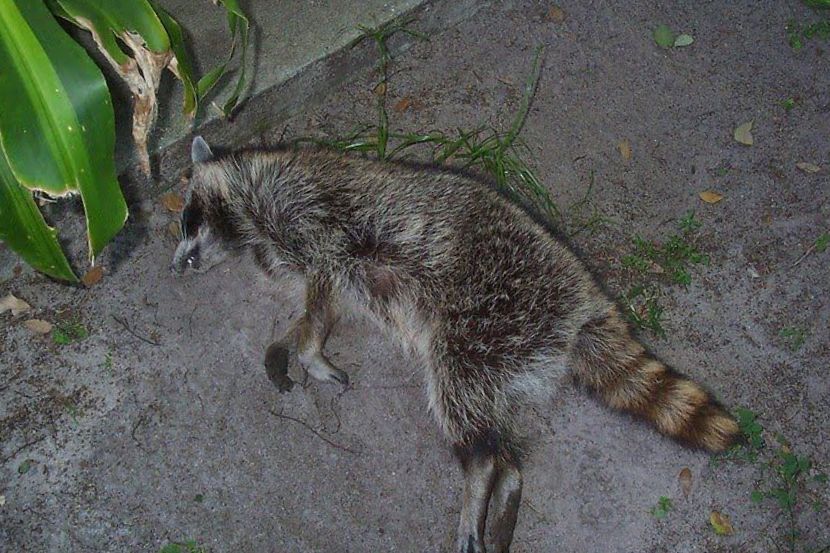
Raccoons are among the most cute of the pest animals that can be found in the United States, but that certainly doesn't mean that they aren't a major problem for those people who find raccoons in their domestic properties. They are naturally talented climbers, so it is common for these animals to find their way into an attic, and then they can cause a lot of damage, but they can also die in the attic too. Depending on where is dark, quiet and warm around the property, raccoons can make a nest in many different parts of the property, which means that they can die in different areas of the home.
Poisons And Lethal Traps
Lethal traps are an unusual way for a raccoon to die in a house or attic, as there are relatively few people who will use lethal traps to deal with raccoons, and as they tend to be snares they do require some specialism to set up. Poison is far more common however, because poison is an indiscriminate killer and can be placed in a few areas to kill the raccoon. This is not an advised method of dealing with a raccoon however, as you have no way of identifying where the raccoon will die, which means you will often find out about the dead animal weeks after it has died, and it has started to smell quite badly.
Becoming Stuck In A Cavity In The Property
Raccoons are naturally elusive creatures, and their preference is to avoid any kind of contact with people, which is why they can be find in the dark and warm spaces such as loft spaces, attics and also in wall cavities. These spaces may be attractive to raccoons, but in some cases if they slip into a cavity with smooth surfaces, then they may find themselves in difficulty, and in some cases can become trapped. If this is the case, then you may hear scratching inside these wall cavities, but if you don't go in and remove the raccoon then it can mean the animal will die in that wall cavity.
Disease And Ill Health
Like other animals, raccoons are prone to dying from diseases, and there are certainly plenty of different conditions that raccoons can carry and contract, which can range from fever like diseases through to other viruses and also rabies. In many cases, the instinct for a raccoon if it feels ill is to retreat to its nest to recover, which is why raccoons may die from diseases inside the houses and attics where they have built their nest. This also has an impact for those who have to deal with the dead animal, as parasites such as ticks and also diseases from the animal's fluids can be transmitted to those dealing with the carcass.
Dealing With A Raccoon Carcass
There are steps that you can take to protect yourself before removing the dead raccoon, and it is important to cover your mouth throughout, and wear gloves and clothes that cover your skin to prevent parasites from being passed on to you. When it comes to moving the carcass, unless it has decayed significantly, you should be able to move it into a garbage bag, which should then by double bagged to minimize any scent from escaping as you move the carcass. The best option to deal with the dead raccoon is to incinerate it where possible, but you can also look to bury it if necessary. If you choose this option, it is important to make sure it is in a deep hole, otherwise other pest animals may be attracted to dig up the carcass.
Go back to the deadanimalremoval.org home page.
Copyright 2021 - deadanimalremoval.org
Nationwide Dead Animal Removal